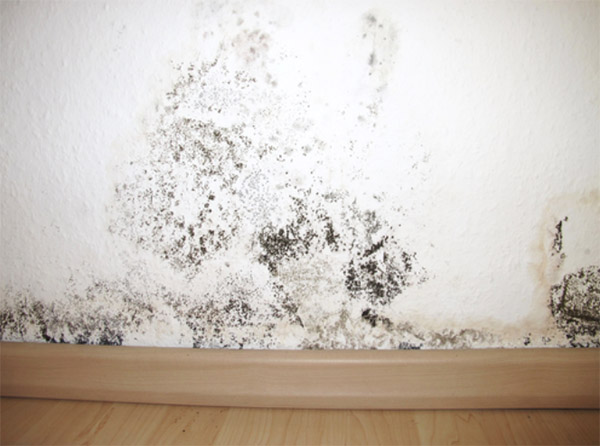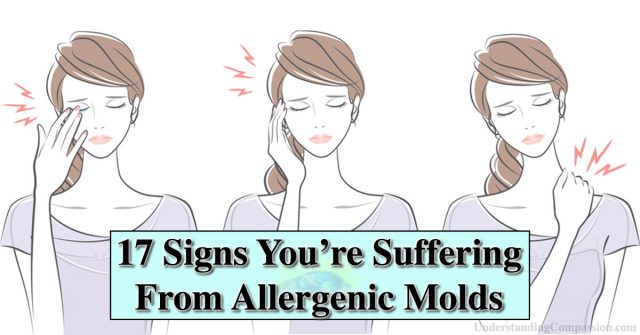Believe it or not, your appliances could be making you sick, causing the formation of mold, and ultimately putting your health at risk.
How many appliances are connected to a water source in your home? If you have a dishwasher, refrigerator, washing machine, or dryer, you may have unnoticeable mold lurking in the corners. These water-dependent appliances have a tendency to leak, which is one of the leading causes of mold-growing homes.

Besides the inconvenience and worry of having to search for and remove mold, you may need to visit your doctor to make sure you’re health isn’t be harmed by allergenic molds.
Below is a list of common health problems related to mold. If you’re experiencing any of the following symptoms, your house may be due for a much-needed mold cleaning and tips from a doctor on how to avoid mold related health conditions:
17 Signs That Mold In Your Home Could Be Damaging Your Body
1. Memory loss, trouble focusing, and feeling mentally foggy
2. Fatigue and weakness
3. Muscle cramping, aches, pains, joint pain not due to arthritis, persistent nerve pain, “ice pick” pain
4. Numbness and tingling
5. Headaches and migraines
6. Light sensitivity, red eyes, and/or blurred vision
7. Sinus problems, coughing, shortness of breath, asthma-like symptoms
8. Tremors
9. Vertigo
10. Persistent nerve pain
11. Abdominal pain, nausea, diarrhea, changes in appetite
12. Metallic taste in the mouth
13. Weight gain despite sufficient effort
14. Night sweats or other problems with temperature regulation
15. Excessive thirst
16. Increased urination
17. Static “shocks”
Have you experienced any of these symptoms?

Research shows mold consistently grows in corners of homes where there is constant moisture, like a bathroom sink or shower wall. The best way to prevent mold in residential areas is the control of moisture. However, if you’re suffering from any of the symptoms above, then you may have a more serious problem.
The immediate reaction for most people is to remove the mold themselves. Don’t. This process requires skilled professionals to make sure it’s done safely and correctly. Search online for a free estimate from a mold inspector located in your area and see if they can help you remove any mold that exists in your home. Once your house has been cleared of mold, make sure you get all of your pipes checked and tightened by a plumber to prevent future leaks.
There are no established EPA or government standards concerning mold or mold spore levels in residential homes or commercial areas, so it’s near impossible to prove that a building or room complies with any health regulations concerning mold exposure.
The video below details everything you need to be aware when it comes to mold symptoms:
Have you ever found mold in your home? How did you deal with it, and did clearing it out of your house help improve your health?
Let us know in the comments.
Have a healthy and wonderful day.
You are loved.
https://www.instagram.com/p/Bjoz6sSB4f3/?taken-by=understanding_compassion


















